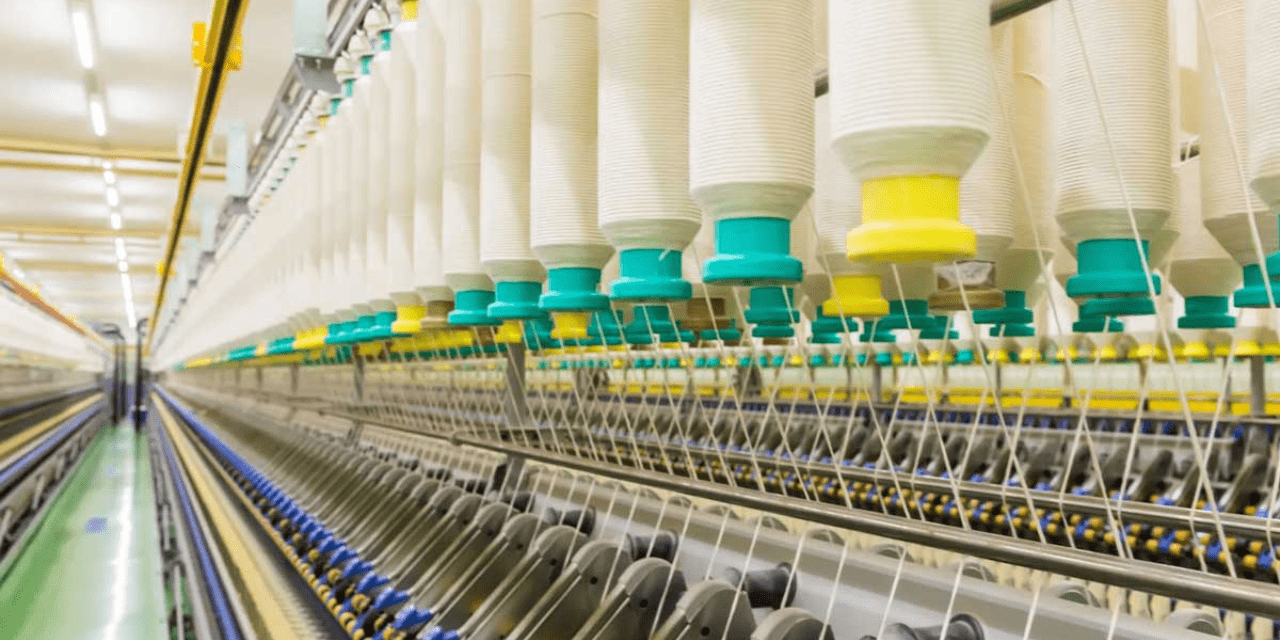Office holders of several groups stated during a press conference in the city on Monday that owners have opted to operate their units at 50% capacity with immediate effect to highlight the problems faced by spinning mills.
The Open End Spinning Mills Association (OSMA), the India Spinning Mills Association (ISMA), the Recycle Textile Federation (RTF), and the South India Spinners Association (SISPA) gathered at the Indian Chamber of Commerce and Industry here earlier in the day to discuss their concerns.
“The spinning mills industry, which is among the most capital-intensive but provides a variety of career options for women, is dealing with a number of problems. The problems include an incremental 3% increase in bank interest rates, which has led to an increase in the As stated by Jagadeesan, SISPA’s secretary, “cost of yarn production, increase in power tariff, and burden of repaying loans provided by the government during the pandemic.”
According to office bearers, yarn and fabrics are imported for less money than what local spinning mills charge from Bangladesh, China, and Vietnam. Only when local suppliers are unable to meet demand can the government permit yarn imports. They claimed that since local suppliers already face intense competition, letting imports could force many businesses to close.
The groups have also urged the authorities to restructure outstanding short-term loans under the emergency credit line guarantee scheme (ECLGS), lower bank interest rates to the prior level of 7.75%, and extend the embargo on term loans. loans by two years.
They have also urged the state government to stop the proposed increase of power tariff by 5.6% and abolish the rooftop solar network charges.

